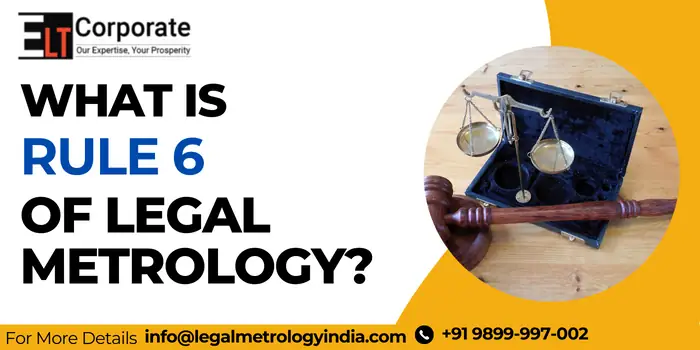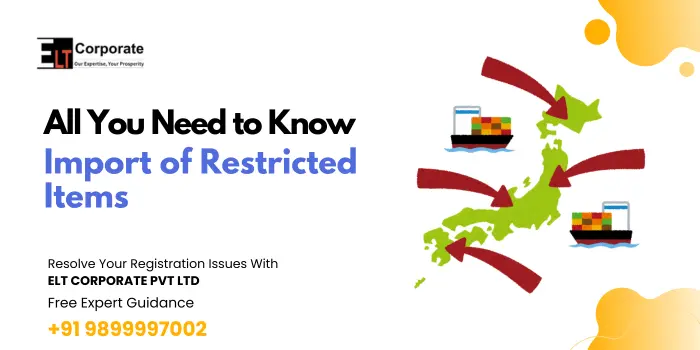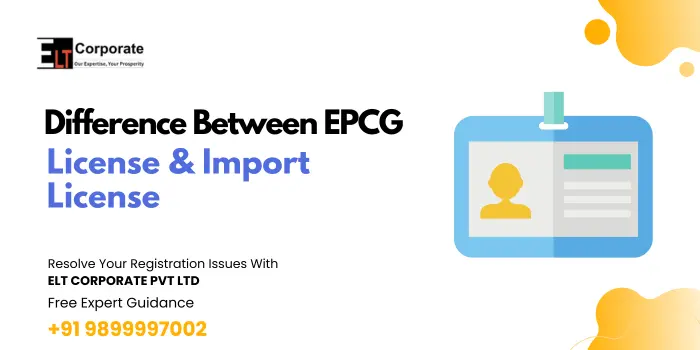Envision a society in which all transactions are equitable, all measurements are precise, and all interactions are truthful. That is the main idea behind Legal Metrology, a body of rules that guarantees the accuracy of measurements used in commerce. Among these norms, Rule 6 of Legal Metrology stands out as a beacon of openness and reliability.
Let’s set out to explore the intricacies of Rule 6 of Legal Metrology, including its importance, how to apply it, and the numerous advantages it offers to both consumers and enterprises.
What Is Rule 6 Of Legal Metrology?
Legal Metrology’s Rule 6 protects justice in trade. Exporters, distributors, manufacturers, and repairers of weighing and measuring instruments must register. This clause guarantees that all parties involved abide by the law, fostering a truthful and accurate marketplace.
What Is The Importance Of Rule 6 Of Legal Metrology?
Rule 6 Of Legal Metrology Act have many benefits for manufacturers, Importers, and packers. The importance as follows:-
It is important to note: You believe the weight or measurement on display to be correct as you make your purchase at the market. What Rule 6 does is protect that trust. Rule 6 guarantees that every scale, meter, and measuring instrument satisfies the strict requirements outlined by law by requiring registration. Being fair is not as essential as building trust between buyers and sellers and creating an atmosphere where everyone follows the same set of rules.
Consumer Protection: Rule 6 ensures that weighing and measuring equipment is precise, protecting consumers from deceit or exploitation.
Fair Competition: Leveling the field of play for enterprises, prevents illegal activity and ensures that all market participants abide by the same standards.
Trust in Transactions: The necessary licensing and stamping benefits both businesses and customers by fostering trust in commercial transactions.
Compliance with National Standards: Rule 6 synchronizes the measuring and weighing instruments with national standards to guarantee uniformity and consistency throughout the whole nation.
List The Functions Of Rule 6 Of Legal Metrology.
- Registration: Rule 6 mandates registration for entities involved in manufacturing, repairing, dealing, or importing weighing and measuring instruments.
- Compliance: Registered entities must adhere to prescribed standards, ensuring accuracy and reliability in measurements.
- Monitoring: Rule 6 enables regulatory authorities to monitor and supervise registered entities, preventing malpractices and upholding legal metrology standards.
Who Is Covered Under Rule 6?
Rule 6 covers a broad range of activities, including the production, maintenance, distribution, and importation of weighing and measuring devices. Rule 6 is watching you whether you’re making a scale, repairing a meter, selling a device, or importing one into the nation.
Who Can Apply For Registration Under Rule 6?
Any individual or entity engaged in the manufacturing, repair, dealing, or import of weighing and measuring instruments can apply for registration under Rule 6. From the smallest repair shop to the largest importer, Rule 6 beckons all to ensure compliance and uphold the integrity of trade.
Mention The Benefits Of Rule 6 Compliance
- Consumer Confidence: Confidence grows from compliance. Customers are more inclined to believe in the goods and services they buy when they are aware that all measurements are precise.
- Legal Assurance: By protecting themselves from fines and legal complications, registered entities show their dedication to following the law.
- Business Integrity: Respecting Rule 6 involves more than simply abiding by the law; it also involves acting morally. It all comes down to developing a reputation for integrity and honesty that is appealing to both partners and clients.
- Market Credibility: In a world where trust is a valued asset, organizations that adhere to Rule 6 stand out. It conveys to the market that the business values honesty and equity in all of its dealings.
What Are The Required Documents For Registration
The collection of documentation is the first step toward Rule 6 compliance. While the specific requirements may vary, common documents include
- Proof of identity and address
- Business registration documents
- Details of weighing and measuring instruments
- Licenses and compliance certificates
How To Apply For Registration Under Legal Metrology Rule 6?
Embarking on the path to Legal Metrology Rule 6 compliance is as simple as following these steps:
- Get ready: collect the required paperwork and data.
- Put in an application: Send the application form and the necessary paperwork to the assigned authority.
- Confirm: To make sure there is conformity, the authority confirms the papers and could even carry out inspections.
- Receive: Upon successful verification, the registration certificate is issued, marking the journey’s end and the beginning of a new chapter of compliance.
What Is The Validity Of Rule 6 Legal Metrology?
Registrations under Rule 6 come with a validity period, ensuring ongoing compliance. The timeline for processing applications and issuing certificates may vary, but rest assured,
| Rules | Description |
|---|---|
| Rule 5 | Verification, certification, and approval of patterns of weights and measures |
| Rule 8 | Maintenance of standards of weights and measures |
| Rule 10 | Inspections and seizures of non-compliant instruments |
regulatory authorities strive to expedite the process to minimize delays and keep businesses moving forward.
What Is the Cost of Rule 6 Legal Metrology Registration?
The cost of compliance. Even if the precise numbers could change, it’s important to think of registration fees as an investment in honesty and reliability. After all, the price of non-compliance is far more than the entry charge.
What Is the Eligibility Criteria Of Rule 6 Legal Metrology
To be eligible for registration under Rule 6, applicants need to fulfil specific requirements as stated by the regulating body. These requirements might include maintaining compliance with pertinent rules, upholding quality standards, and possessing legitimate licenses.
Comparability with Other Rules of Legal Metrology
Rule 6 of Legal Metrology is complemented by other rules that govern various aspects of measurement and accuracy in trade transactions, including The Penalty for Non-Compliance.
Ah, the stick to Rule 6’s carrot. Penalties for noncompliance might include fines and even legal action. It serves as an unsettling reminder that integrity is the only policy—not merely the best policy—in the realm of commerce.
Why Choose ELT Corporate?
In a sea of legal service providers, ELT Corporate stands tall as a beacon of reliability and trust. Here’s why:
- Talent: Under the direction of a group of legal specialists, ELT Corporate effortlessly handles the intricacies of legal metrology.
- Efficiency: ELT Corporate simplifies the registration procedure, from document preparation to application submission, guaranteeing a seamless path to compliance.
- Comprehensive Support: In addition to services, ELT Corporate offers solutions that are customized to satisfy the particular requirements of every customer.
- Customer Satisfaction: Customer satisfaction is a commitment at ELT Corporate, not simply a goal. ELT Corporate goes above and above to ensure that each client’s journey towards compliance is fruitful by offering customized service and unwavering support.
Conclusion
Lawful Metrology Rule 6 is a commitment to honesty, justice, and integrity in business interactions, not just a list of guidelines. By following Rule 6, companies may win over customers’ trust, avoid legal trouble, and become recognized as leaders in their field for their honesty and integrity.. The road to Rule 6 compliance is not just a route when ELT Corporate is on your side; it’s a pledge of accuracy, fairness, and confidence in every transaction.
FAQs
Can I Use A Weighing Or Measuring Instrument Without Stamping And Certification?
No, using weighing and measuring devices for business purposes without a legitimate certification or stamping is prohibited.
How Do I Know If A Weighing Or Measuring Instrument Is Stamped And Certified?
A unique stamp or sticker from the Legal Metrology Department is applied to certified instruments.
What Happens If A Stamped And Certified Instrument Is Found To Be Inaccurate?
Let’s say that an instrument that has been verified and stamped turns out to be erroneous upon investigation. If so, it will be taken into custody and the relevant fines will be applied.
Can I Apply For Stamping And Certification Online?
Online applications may be available in certain states and union territories. Check with the Legal Metrology Department for specific information.




